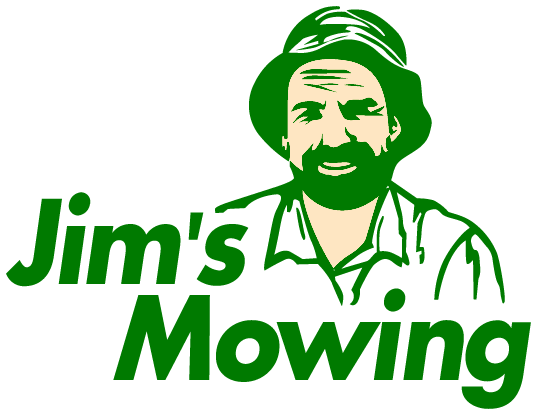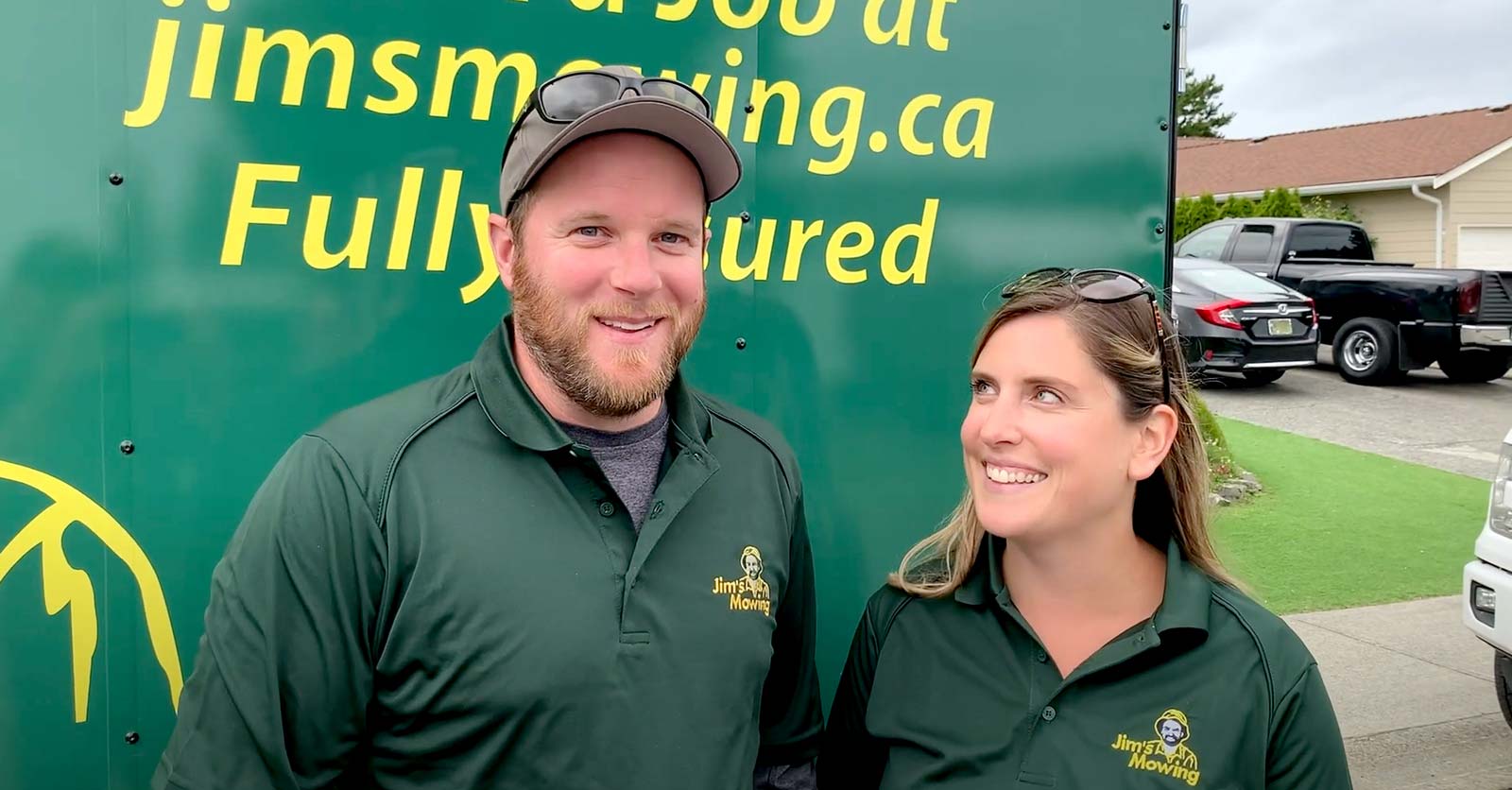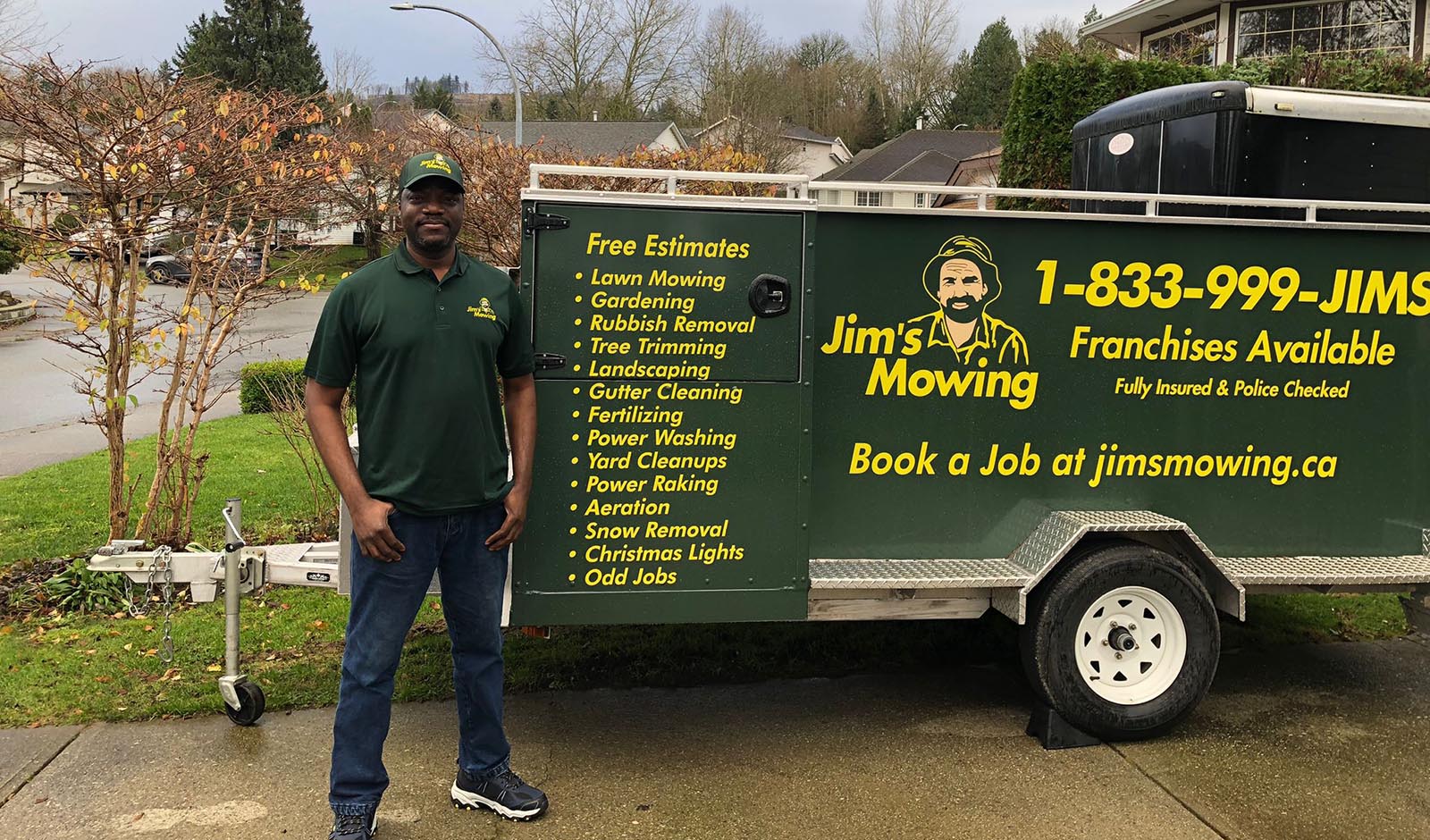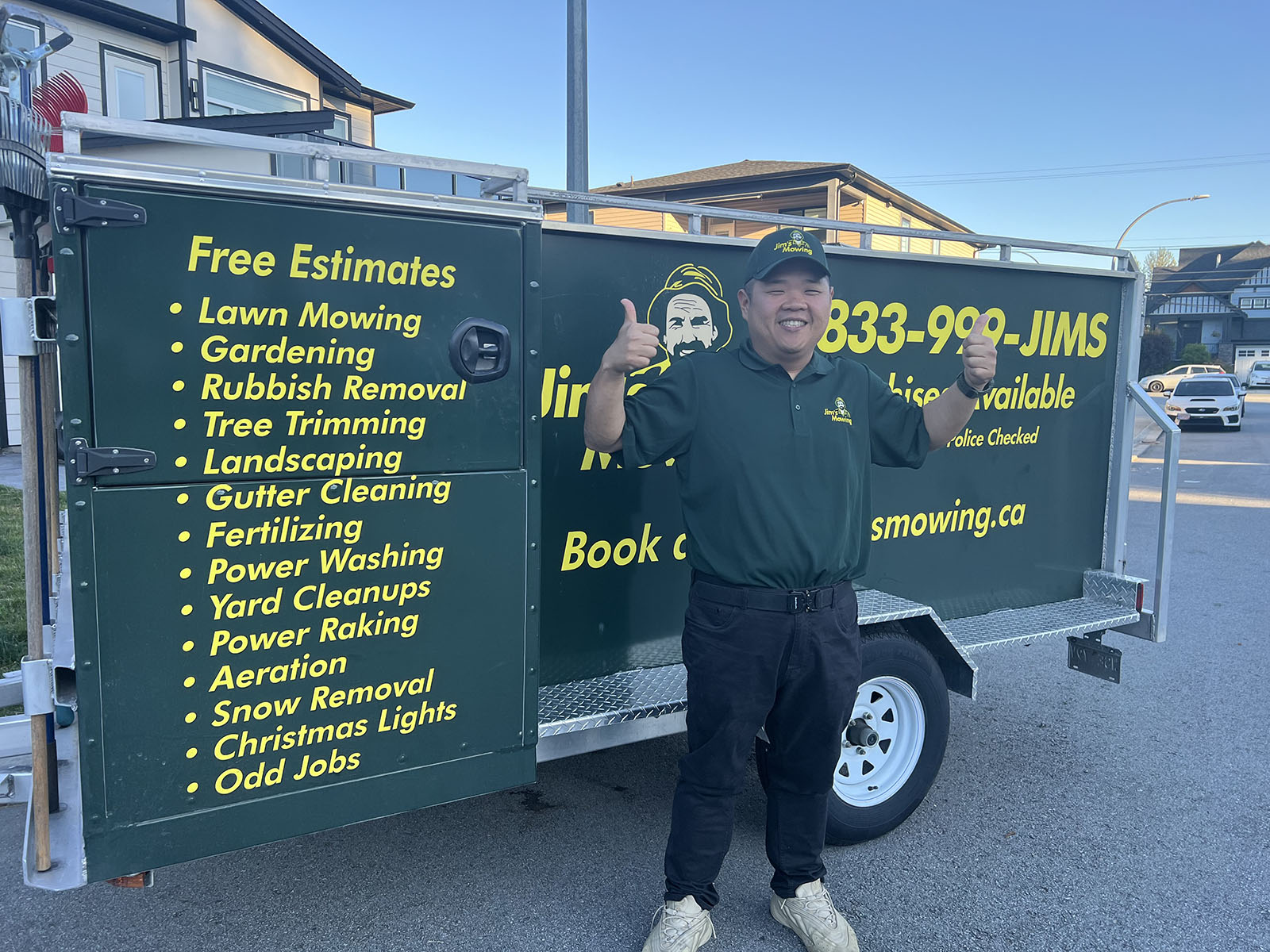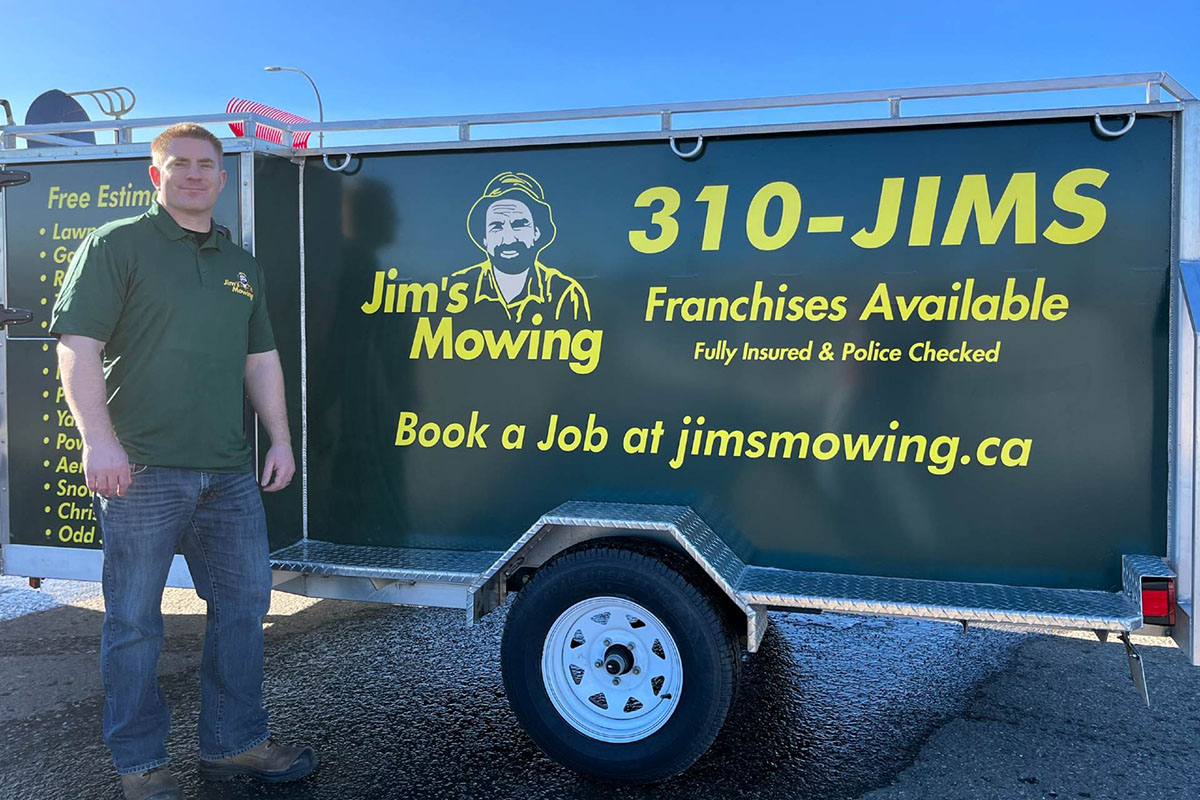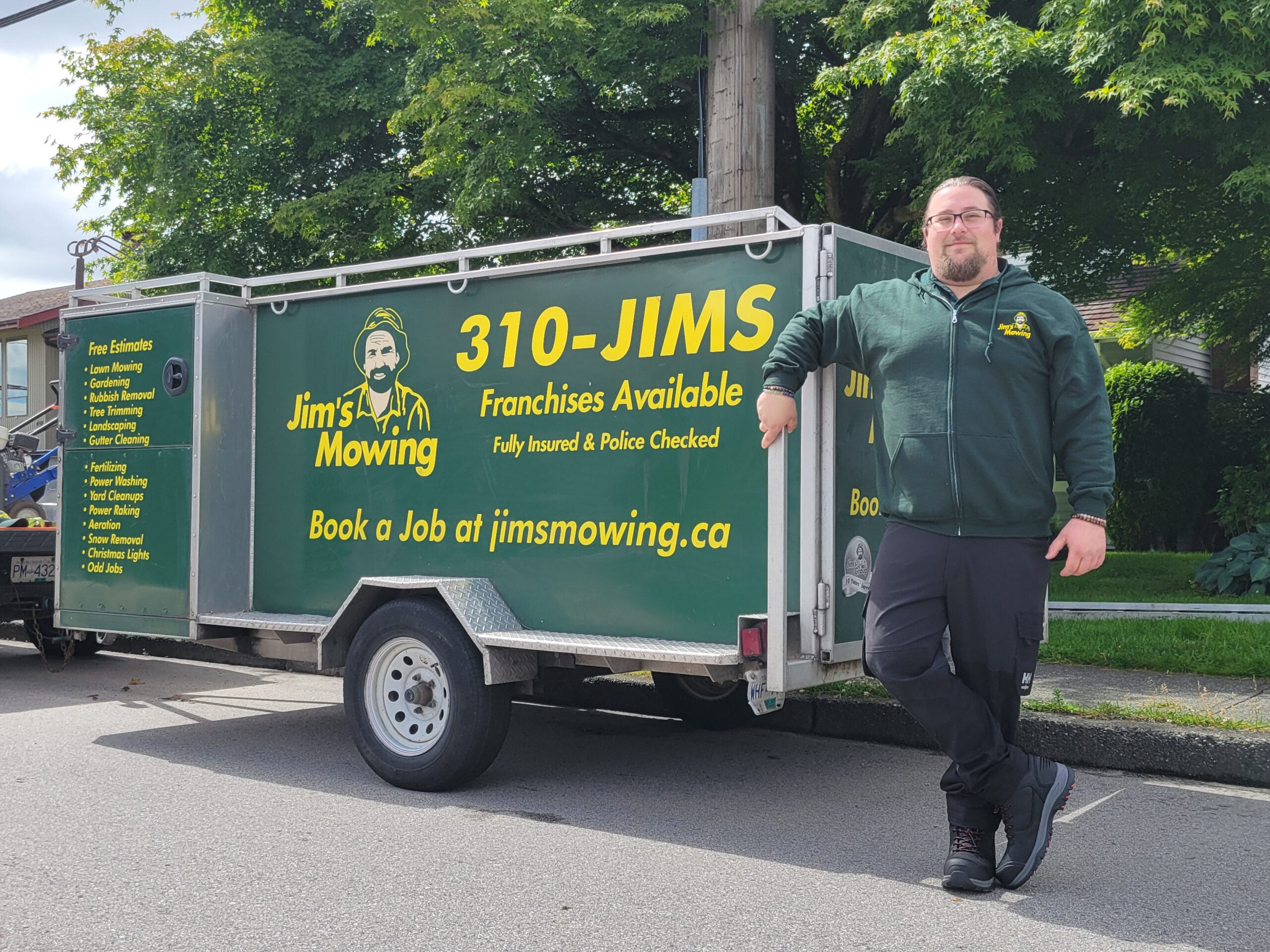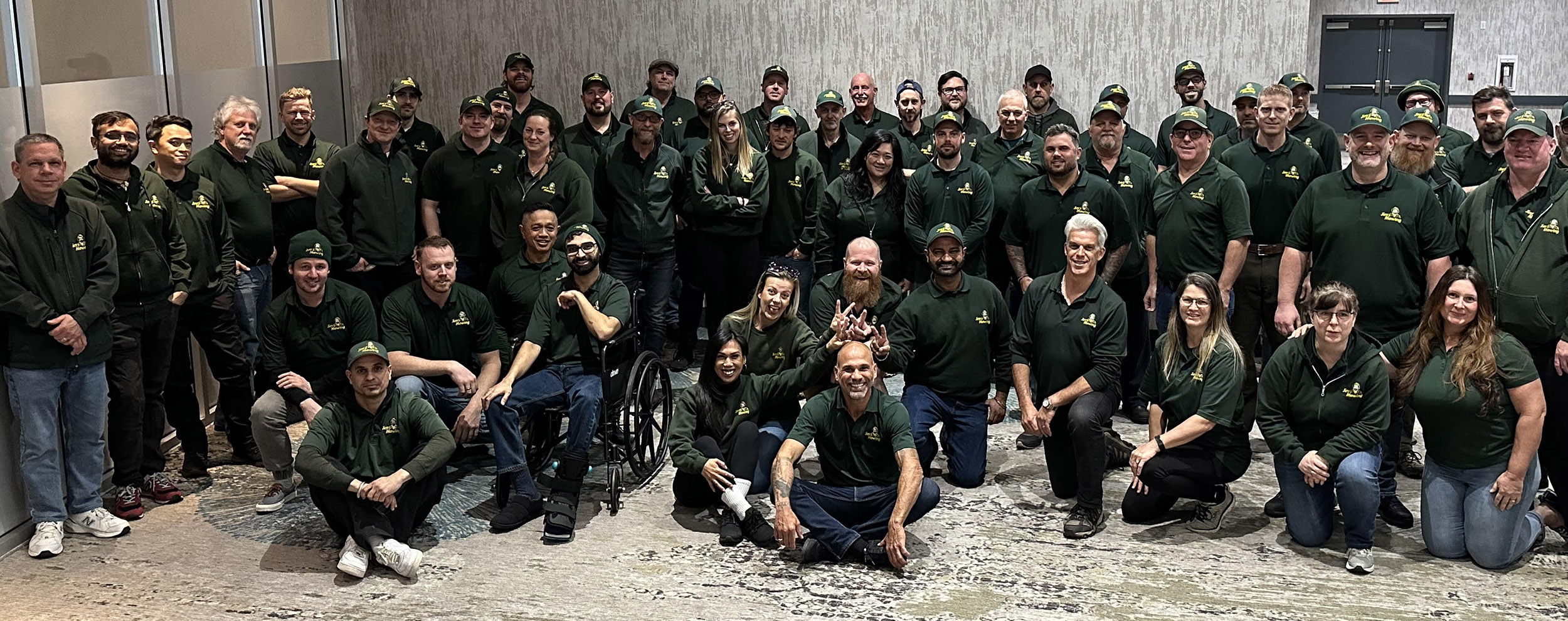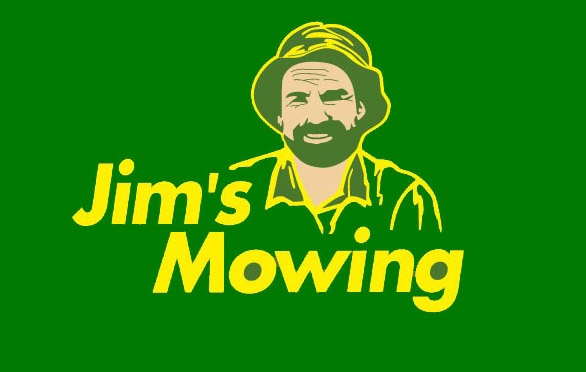
Maintaining outdoor spaces isn’t just about appearances—it’s about creating vibrant, healthy environments that enhance the lives of those who inhabit them. Whether you’re a seasoned landscaper or considering entering the industry, understanding the essentials of landscape and garden maintenance is crucial. In this guide, we explore practical tips and strategies aligned with the services and principles of Jim’s Mowing, Canada’s premier lawn care and garden maintenance franchise. Discover how you can contribute to healthier communities while building a successful business with Jim’s Mowing.
Why Choose Jim’s Mowing?
Jim’s Mowing stands out in the industry for several compelling reasons:
Legacy of Excellence: With over 22 years of experience in British Columbia, Jim’s Mowing has built a reputation based on quality, reliability, and customer satisfaction.
Comprehensive Services: From lawn mowing and fertilizing to snow removal and hardscape installations, Jim’s Mowing offers a wide range of services designed to meet every outdoor maintenance need.
Community and Values: Integrity, professionalism, and community involvement are the core principles guiding every franchisee within the Jim’s Mowing network.
Support and Training: Franchisees benefit from extensive training, ongoing support, and the backing of a globally recognized brand, ensuring business success from day one.
Essential Tips for Landscape and Garden Maintenance
In this section, we delve into specific tips and best practices that franchisees can leverage to ensure their clients’ outdoor spaces remain fresh and vibrant throughout the seasons.
Lawn Care Basics
A well-maintained lawn forms the foundation of outdoor aesthetics and functionality. Understanding the basics of lawn care is essential for delivering quality service:
Regular Mowing: Determine the appropriate mowing height based on grass type and season. Regular mowing promotes healthy growth and prevents weed development.
Fertilization: Develop a fertilization schedule tailored to local soil conditions and climate. Properly timed applications of fertilizer ensure adequate nutrients for lush, green lawns.
Aeration and Dethatching: Improve soil structure and root development by aerating compacted soils and removing excessive thatch buildup.
Watering Practices: Implement efficient watering techniques, such as deep watering early in the morning, to minimize water loss through evaporation and encourage deep root growth.
Seasonal Maintenance
Outdoor spaces require different care throughout the year to accommodate seasonal changes and maintain optimal health:
Spring Cleanup: Clear debris, prune shrubs, and prepare garden beds for planting. Assess soil conditions and apply necessary amendments for healthy plant growth.
Summer Maintenance: Monitor lawn health and irrigation needs. Provide ongoing weed control and adjust mowing frequency to accommodate rapid growth periods.
Fall Preparation: Prepare lawns and gardens for winter dormancy. Conduct final mowing, remove fallen leaves, and apply winterizing treatments to protect plants and soil.
Winter Services: Offer snow and ice removal services to ensure safe and accessible outdoor spaces during winter months. Utilize environmentally friendly de-icing products to minimize environmental impact.
Specialized Services
Expand your service offerings to meet diverse client needs and enhance business profitability:
Hardscape Installations: Develop expertise in building retaining walls, patios, and walkways to transform outdoor spaces into functional and aesthetic areas.
Power Washing: Provide exterior cleaning services to restore the appearance of driveways, fences, and other surfaces. Utilize professional-grade equipment for efficient results.
Junk Removal: Assist clients in decluttering outdoor spaces by offering junk removal services. Ensure responsible disposal or recycling of materials to minimize environmental impact.
Integrated Pest Management
Protect plants and lawns from pests and diseases while minimizing environmental impact:
Identify Common Pests: Learn to recognize signs of pest infestations and diseases that affect local landscapes.
Targeted Treatments: Utilize integrated pest management (IPM) strategies to minimize pesticide use while effectively controlling pests.
Organic Options: Offer eco-friendly pest control alternatives, such as beneficial insects and organic treatments, to meet client preferences for sustainable practices.
Customer Relations and Ethics
Building strong client relationships is essential for long-term business success and community trust:
Clear Communication: Maintain open and transparent communication with clients regarding service details, pricing, and scheduling.
Ethical Practices: Uphold Jim’s Mowing principles of integrity and professionalism in all business interactions. Prioritize client satisfaction and resolve issues promptly and effectively.
Community Engagement: Participate in local events and initiatives to build connections within the community. Support sustainable landscaping practices and environmental conservation efforts.
Equipment and Technology
Invest in high-quality equipment and leverage technology to optimize service delivery and operational efficiency:
Equipment Selection: Choose reliable tools and machinery suited to the specific needs of lawn care and garden maintenance.
Technology Integration: Implement digital tools for scheduling, invoicing, and customer relationship management (CRM) to streamline administrative tasks and improve service accuracy.
Training and Maintenance: Provide ongoing equipment training for staff to ensure safe operation and optimal performance. Implement regular maintenance schedules to extend equipment lifespan and reduce downtime.
Training and Development
Continuous learning is key to staying competitive and delivering exceptional service:
Franchisee Training: Participate in comprehensive training programs provided by Jim’s Mowing to learn industry best practices and service standards.
Skill Enhancement: Stay informed about new trends and advancements in landscape and garden maintenance. Develop expertise in emerging services, such as sustainable landscaping and smart irrigation systems.
Professional Development: Encourage staff development through certifications and workshops to build specialized skills and enhance service offerings.
Sustainability Practices
Promote environmental responsibility through sustainable business practices and client education:
Water Conservation: Implement water-efficient irrigation systems and practices to minimize water consumption and support drought-resistant landscaping.
Waste Management: Adopt recycling and composting practices for green waste and organic materials. Ensure responsible disposal of non-recyclable waste to minimize environmental impact.
Client Education: Educate clients about sustainable landscaping practices and the benefits of native plants and xeriscaping for water conservation and biodiversity enhancement.
As you embark on your journey into landscape and garden maintenance with Jim’s Mowing, remember that success lies in dedication to quality, customer satisfaction, and community values. By adhering to these principles and adopting the tips outlined in this guide, you’ll not only build a thriving business but also contribute positively to the outdoor environments of your clients. Join the Jim’s Mowing family today and make a difference in your community while achieving your entrepreneurial goals.
Ready to start your journey with Jim’s Mowing? Contact us today at 310-JIMS or visit our website to learn more about franchise opportunities and how we can support your success in the landscape and garden maintenance industry.
Thinking of launching a lawn care business or franchise in BC? With household name brand recognition and over 80+ franchisees and 250,000+ loyal customers, Jim’s Mowing might be the right option for you. Learn more by watching our video series here. The video series will cover 95% of your FAQs and help you decide if a Jim’s Mowing franchise might be right for you.
